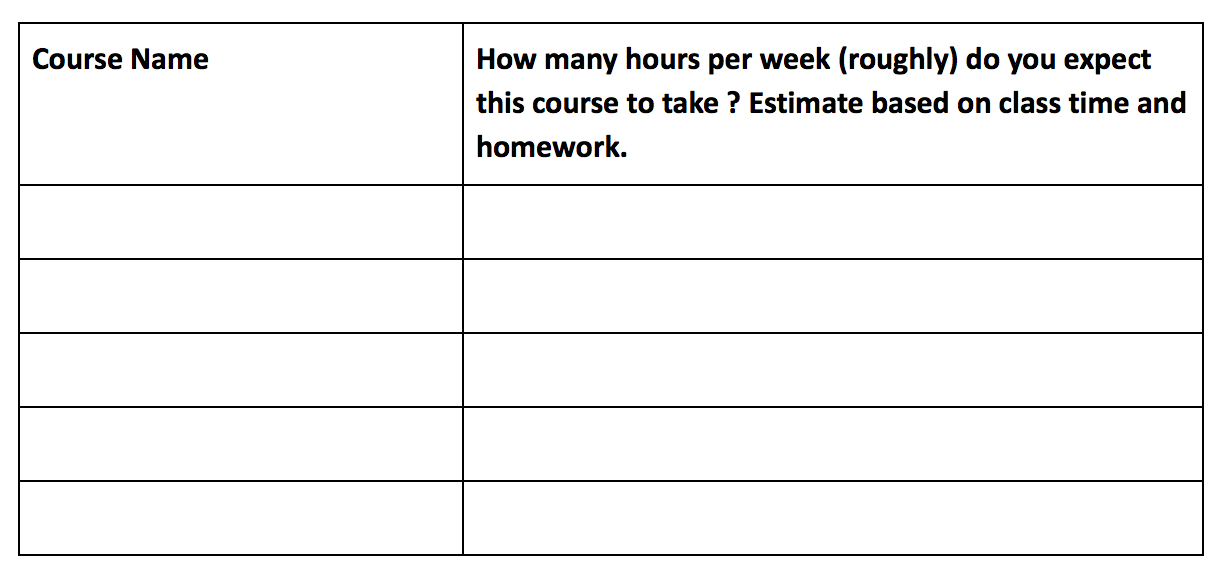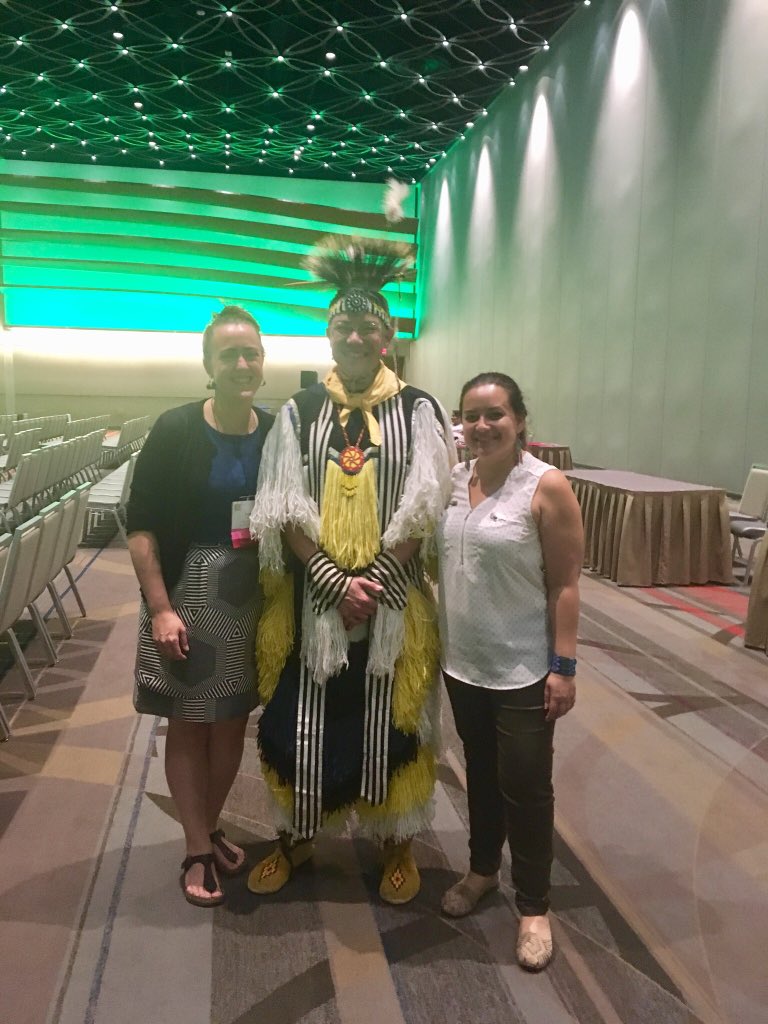Community College and University Partnerships
Over the last six years I’ve worked on a National Science Foundation grant that was a partnership between Michigan State University, Mott Community College, and Washtenaw Community College to support science and math majors interested in transferring. This year, we are expanding and building a new partnership with Lansing Community College.
Our MSU-based research team is spending the spring 2023 semester reflecting on some of the important work involved in building and maintaining partnerships with our community college partners. We’re doing this reflection so that we can be as thoughtful as possible in reaching out to form a new partnership with Lansing Community College. I’m hoping to write at least one blog post by the end of the summer about what we’ve learned from both our ongoing partnerships and new relationship building. There is a lot of good in our current partnerships and I’m grateful for the work we do together to support students holistically.
As part of our reflection work this semester, I find myself returning to a podcast episode I produced back in 2019 about a physics education partnership between Chicago State University and Harold Washington College. Unfortunately, partnerships don’t always run smoothly. I was excited to produce a piece about a grant collaboration with a lot of positives because I think that there are important lessons to learn from such examples. The podcast episode is also connected to two pieces of writing - a conference proceedings paper (4 pages) and a longer journal article.
If you’re interested in the podcast, it first spends a decent amount of time on Harold Washington College’s Learning Assistant program - as I thought most listeners would appreciate an overview of that. Then, we get into more of the details of the partnership itself.
Here’s the podcast link. And here’s the description: In this episode, we sit down with collaborators at Harold Washington College and Chicago State University to talk about an innovative program to improve physics classrooms. The program was originally started through a grant collaboration across the two institutions. Ultimately, physics faculty at Harold Washington made it sustainable, including some innovations unique to their context. The collaborators offer insight into what made the program sustainable. "There is something really special when two- and four-year colleges come together as genuine partners."
Here are the papers and links to PDFs:
Cochran, G. L., Van Duzor, A. G., Sabella, M. S., & Geiss, B. (2016). Engaging in self-study to support collaboration between two-year colleges and universities. In 2016 Physics Education Research Conference Proceedings (pp. 76-79). [link]
De Leone, C. J., Price, E., Sabella, M. S., & Van Duzor, A. G. (2019). Developing and sustaining faculty-driven, curriculum-centered partnerships between two-year colleges and four-year institutions. Journal of College Science Teaching, 48(6), 20-33. [link]
A small side note - I’m personally trying to move away from two- and four-year language to better normalize the diversity of timelines we all take through school. I try to use “community colleges and universities” now - but that is the language I used in the podcast when I made it back in 2019.
Other small side note: I’m proud of the podcast, but audio production is not my full time job - so sound editing wasn’t perfect. :)







